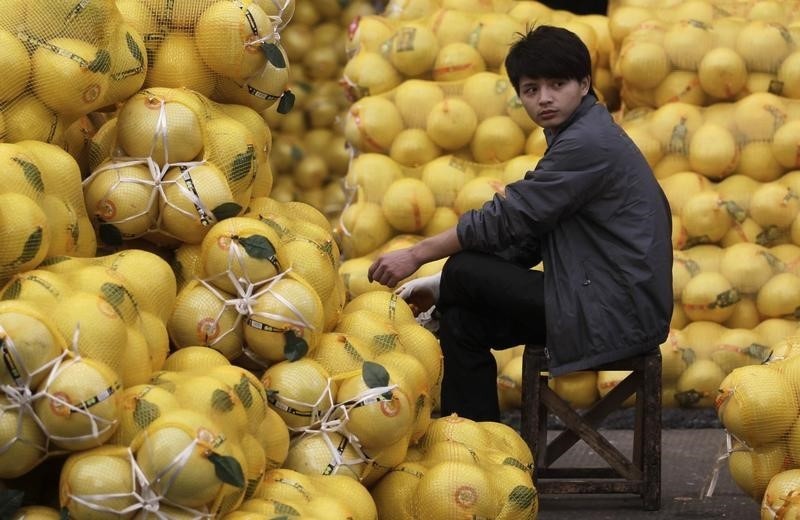
Wet markets selling wild animals, such as monkeys and bats, are still operating in Asia. This is after a number of governments pledged to ban wildlife trade amid the COVID-19 pandemic, according to a series of videos released by an animal rights group People for the Ethical Treatment of Animals (PETA).
Investigators alongside PETA recorded a video showing wet markets selling live monkeys, dogs, snakes, civets, and bats - one of the animals that have been highly accused of the prevalence of the novel coronavirus.
Wet markets China, Thailand, Indonesia, Cambodia, Vietnam, and the Philippines are reportedly still selling wild animals despite the coronavirus' ongoing claiming of lives across the globe.
China commanded animal markets across the country to be shut down after the coronavirus, believed have been rooted at the Huanan Seafood Wholesale Market in Wuhan, was first detected in December 2019.
The video was released as part of a call to the World Health Organization (WHO) to order the closing of the live-animal markets around the world, including ones in operation in the United States.
The coronavirus pandemic currently has 300,000 fatalities and 4 million infections.
According to PETA President Ingrid Newkirk, "PETA is calling on government officials to shut down these Petri dishes for pandemics."
One of the videos displays Jakarta's Jatinegara Bird Market selling monkeys, bats, and civets - that have been connected to SARS -- regardless of the town being Indonesia's epicenter for the coronavirus outbreak.
The live animals were shown to be cramped together in rusty cages. The video also displayed a mutilated snake entwined on a table, with its blood smearing the tiles red. A rabbit convulsed on camera and appeared to have died on the spot in front of the investigator.
With the news of wet markets still operating, Dr. Anthony Fauci, director of the National Institute of Allergy and Infectious Diseases, is among the health officials calling out for shutdown.
"It boggles my mind how when we have so many diseases that emanate out of that unusual human-animal interface, that we don't just shut it down. I don't know what else has to happen to get us to appreciate that," he remarked.
In Vietnam, butchers eviscerate fish on a street in Ho Chi Minh City where the dogs' cooked heads and other body parts were stacked on a counter in close proximity to live animals.
Another video showed live chickens, monkeys, geese, and toads awaiting slaughtering and selling.
Workers wearing flip-flops in the Philippines were displayed to be trudging across blood-soaked floors and gutting pig and bird remains using mere hands.
PETA vividly depicted the markets as "Petri dishes for pandemics."
"The next deadly pandemic is inevitable as long as markets filled with sick and stressed animals are still open," the PETA president said in a statement.
Reported by PETA, China's wet markets have resumed operations, despite the country's ongoing combat of the coronavirus. They were caught on camera selling dead, live, and cooked animals near each other in Zhejiang province.
Related Article : Trial Takes Place to Test If Dogs Can 'Sniff Out' Coronavirus
© 2026 HNGN, All rights reserved. Do not reproduce without permission.








